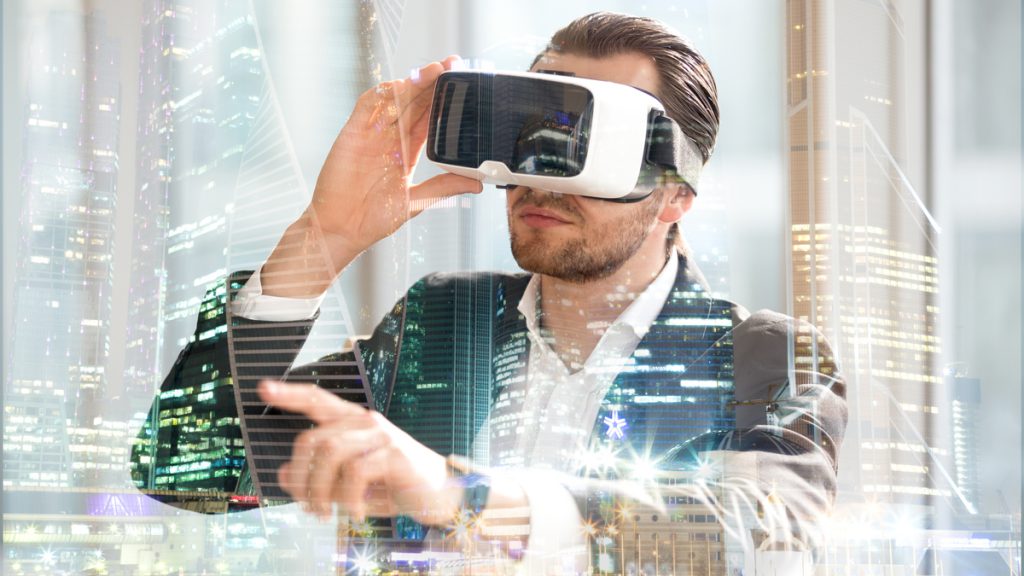
Technology has invaded every part of our lives, including the real estate industry. Technology has transformed the way we purchase, sell, and invest in real estate, from property searches to transaction administration. In this essay, we will investigate the enormous impact of technology on the future of real estate, looking at how it has revolutionized procedures, increased efficiency, and opened up new opportunities for industry experts and customers alike.

1. Digital Property Searches. Traditionally, property searches were restricted to classified ads or visits to real estate offices. However, technological advancements have democratized access to real estate information. Online platforms and smartphone apps give thorough property listings, allowing potential buyers to virtually tour properties and filter depending on their interests. Virtual tours and 3D imaging technologies augment the experience even further, providing purchasers with a thorough look of properties from the comfort of their own homes.
2. Big Data and Predictive Analytics. The availability of large volumes of data has transformed real estate decision-making. Big data and predictive analytics enable industry professionals to study market trends, find investment possibilities, and make more educated decisions. Real estate experts may more accurately estimate property values, rental demand, and investment potential by evaluating factors such as demographics, economic indicators, and historical data.
3. Blockchain and Smart Contracts. Real estate deals could be transformed by blockchain technology. Smart contracts, which are powered by blockchain, help to simplify the buying and selling process by automating operations, eliminating the need for intermediaries, and ensuring transparency and security. Because blockchain is tamper-proof, it helps to avoid fraud and ensures the authenticity of property records and ownership, making transactions more efficient and trustworthy.
4. Virtual Reality (VR) and Augmented Reality (AR). Virtual reality and augmented reality technology have transformed property marketing. Potential buyers can virtually walk through residences and imagine spaces before visiting them in person via VR. AR improves property viewing by superimposing digital information onto the physical surroundings, delivering real-time data on property features, local amenities, and even future repairs. These immersive technologies improve the buyer’s experience and allow for more informed decisions.
5. Remote Collaboration and Communication. In the real estate industry, technology has facilitated distant collaboration and communication. Real estate professionals, clients, and stakeholders can interact, share documents, and collaborate online, regardless of their geographical location. Contract negotiations, property inspections, and legal procedures have all been streamlined as a result, saving time and enhancing efficiency.
6. Smart Homes and Internet of Things (IoT). The rise of smart home technologies and the Internet of Things has altered our interactions with our living places. IoT technologies, such as smart thermostats, security systems, and appliances, enable homeowners to operate and monitor their homes remotely, enhancing energy efficiency, security, and convenience. This marriage of technology and real estate opens up new avenues for personalized, connected, and sustainable living environments.
7. Real Estate Crowdfunding and Fintech. Fintech advances and real estate crowdfunding platforms have democratized real estate investment. Individuals can participate in real estate projects, diversify their portfolios, and gain access to possibilities that were previously only available to institutional investors through internet platforms. This disruption has created new funding sources, allowing smaller investors to join in real estate initiatives and potentially earn excellent profits.
The impact of technology on the future of real estate is significant and diverse. It has altered property searches, enabled data-driven decision-making, expedited transactions via blockchain and smart contracts, improved property showing via VR and AR, eased remote cooperation, and opened up new investment opportunities via crowdfunding and finance. As technology advances, the real estate sector will adapt and change, adopting new ideas that increase efficiency, improve client experiences, and define the future of how we purchase, sell, and engage with real estate.
